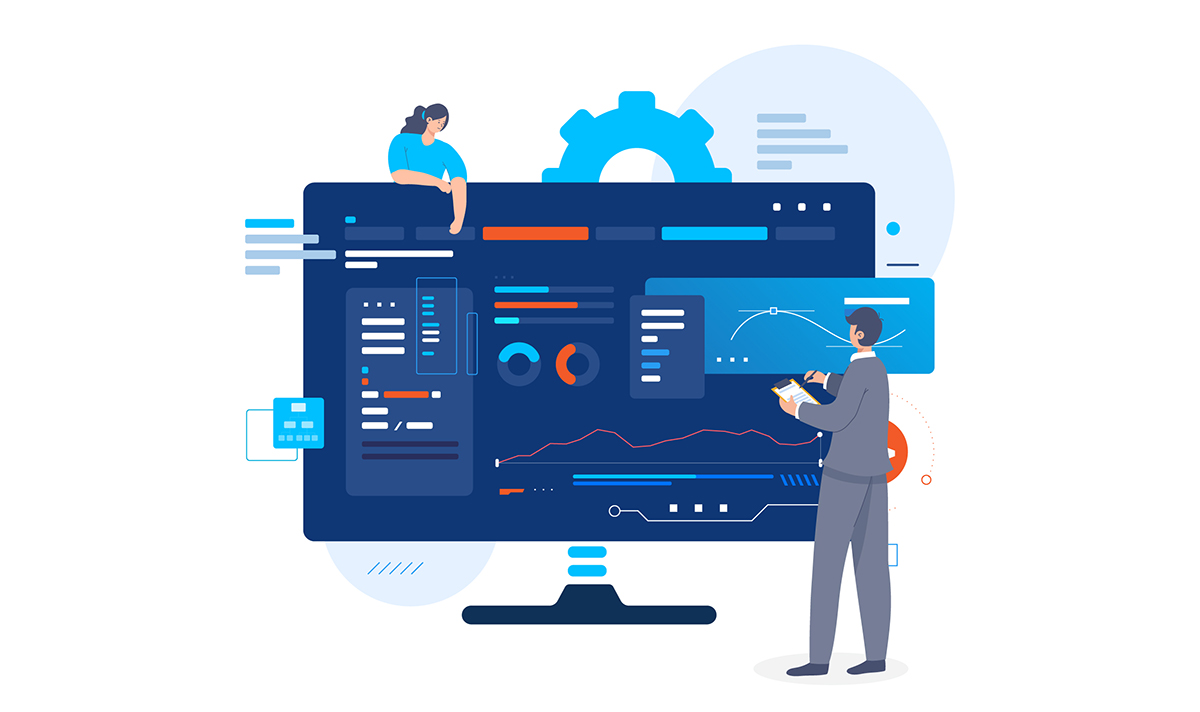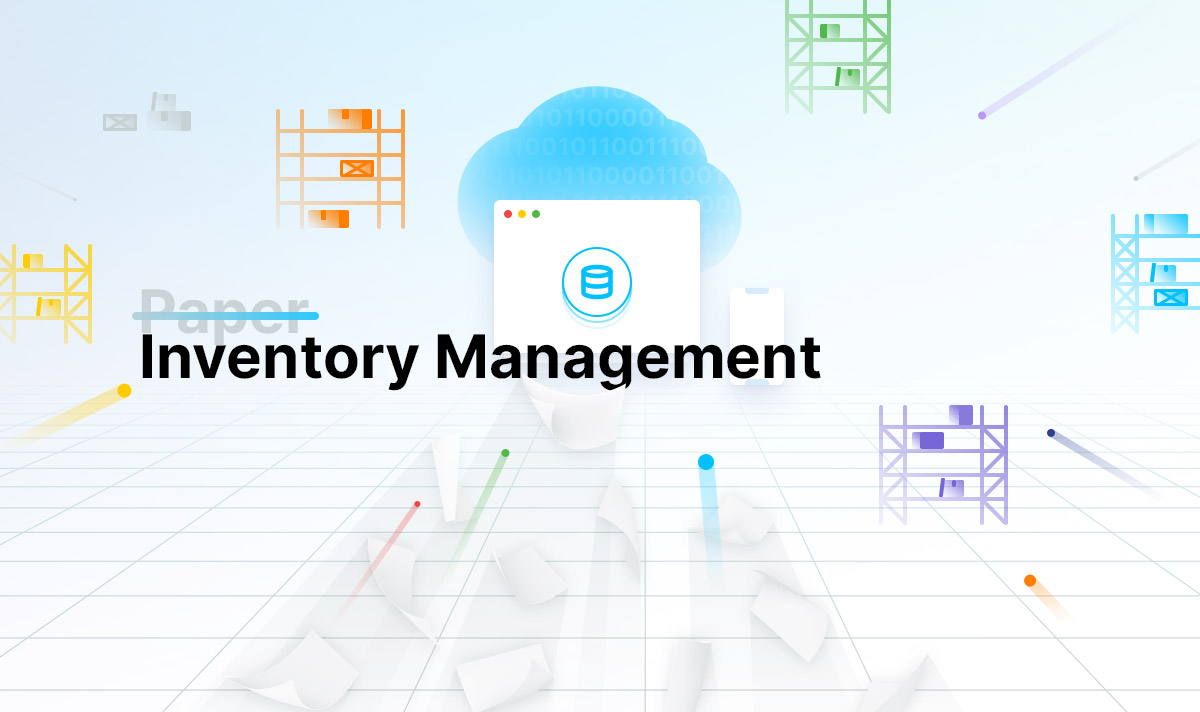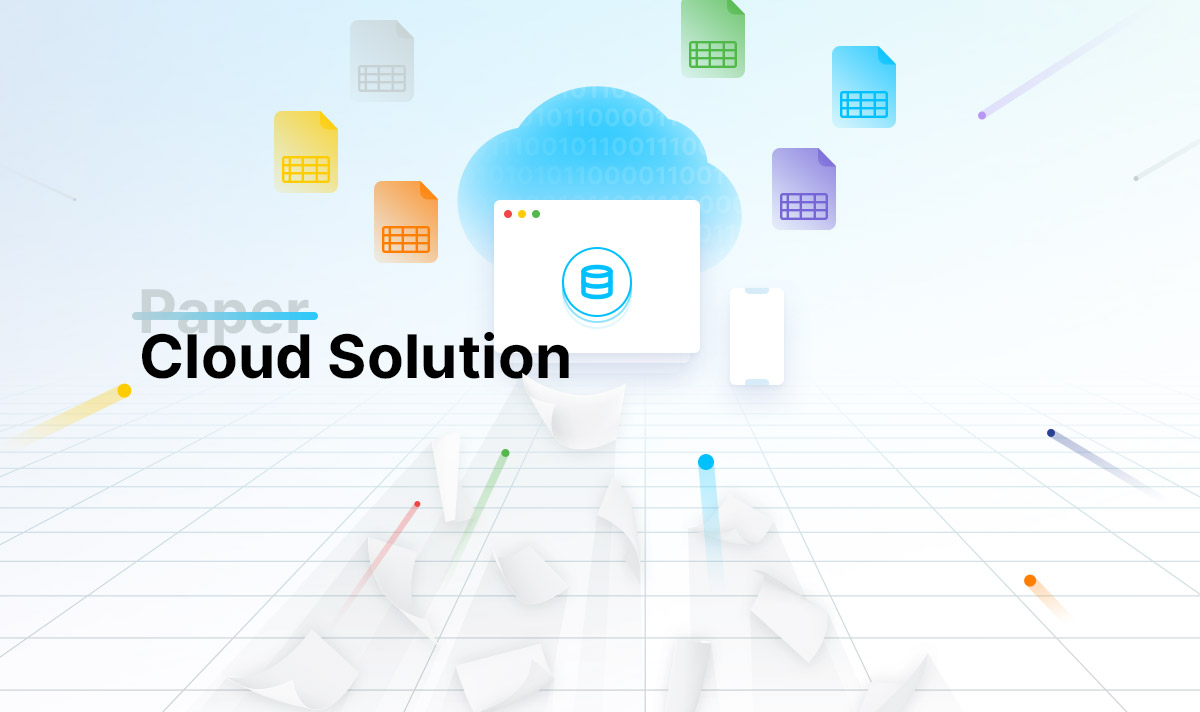ERP has the power that can change an entire organization’s processes for making them more streamlined, adaptive, and sophisticated. The Organization needs to reform or transform all business functions in order to integrate with ERP as soon as ERP gets implemented. This transformation is not easy for everyone. It takes time and a lot of effort to set new system and align with it and get used to it.
In this blog, we have discussed the top Critical Factors that define the success of ERP implementation.
1.Planning Work
Before deciding to implement an ERP system, the first organization has to decide where ERP needs most in an organization? Prior to the implementation process, you must have to set targets and requires a roadmap based on targets and goal that needs to achieve through ERP system implementation. The roadmap will help to make records for required resources and set a timeline of implementation and selection of the right software and determine cost factors, how much investment will be required in the implementation of ERP.
2.Choosing the right partner
After defining the roadmap and planning of implementation, the most critical factor introduced a selection of the right software. It is crucial and risky to find and choose a reliable partner with the right knowledge and expertise. Having the right knowledge is critical for knowing the causes of failures and disruptions. If you are investing in any partner, you should make sure that it will be beneficial for your company.
3.Choosing the right people
ERP implantation is a too big task that needs the participation of all essential personnel within the organization. A great team and good strategy is the fundamental need to implement ERP successfully. The buyer and vendor’s team should have to work in unison, understand each other’s requirements and dedicate themselves to making the implementation successful. A good team consists of the most experienced and value-adding people in the organization including executives, team leaders, project managers, cross-functional members, also the contribution of all employees.
4.Ensuring Commitment…
Behind all successful projects, there is always a commitment from team members. To execute ERP Implementation, the team should be committed towards the same goal, giving their 100 percent in all tasks, All have to be interested in driving the project towards the growth of the project and organization, It requires total support from project managers, leaders, and sponsors and works in harmony.
5.Selecting the suitable implementation approach
Selection of Implementation highly depends upon the business type and features. The success of Implementation depends on the decision while implementing. There are 4 implementation approaches that are usually used globally.
- Big-Bang
- Phased rollout
- Parallel adoption
- Hybrid
The Organization has to select the best to carry out the project successfully and make sure it benefits the entire organization and does not cause any disaster failure. The selection must be done based on some key factors like Organization size, budget, risk, and desired ROI.
Big organizations usually go for phased or parallel approaches rather than Big-bang because it would be too much riskier to implement a new system right away. Big-bang is suitable for smaller firms. Those businesses which need to run on their system 24/7 might go for a parallel approach because it can work side-by-side with the old system. Those organizations whose main focus is saving money could find the Big-bang approach more pleading and appealing. Plan for desired ROI before investing in any approach. By the Big-Bang approach, the expected ROI is greater than any other cause investment is low as compared to others. In the phased approach, as the system is implemented in phases, the business can figure out challenges and business bottlenecks and therefore have chances to generate more ROI.
6.Training Employees
Training the employees is essential for making them get adapted to the new system. ERP can only be used effectively when its users have in-depth knowledge about how it works. Also when users know how to use it, they don’t stumble on figuring out what to do next and will utilize the system thoroughly. Utilizing the system will make the work effective and save time. Training also prepares the employees to operate the system confidently and independently.
7.Managing Transformation
Implementation of the new system brings significant changes in the business. Many times, organizations are unaware of the effects of implementing ERP in the business. As ERP transforms the entire organization’s workflow pattern, many executives may find it difficult to adjust themselves to the new environment, new responsibilities, and new job roles. This expertise gap could cause major disruptions in the progress of the project, foster employee dissatisfaction, increase the workload, and yes, lead to project failure. Many organizations take change management very lightly and don’t like to invest time and resources in addressing the problems of employees. Change management facilitates understanding opportunities and future scopes for ERP, knowing the employee and executive’s mindsets by carrying out assessments, will bridge the communication gaps, and support the entire organization in the transformation phase.
8.Record Performance
Now that all the processes are completed and executed, all the necessary measures have been taken and required training has been given. How could it be ensured that the system is successfully deployed, working adequately, and producing good results? For that, executives and project managers need to record the performance of the system. Project leaders need to make certain that all the existing systems have been successfully integrated with the ERP system, and the users are comfortable with it and know how to make the best out of it. Performance recording also helps in figuring out possible bottlenecks and identifying the future scopes and potential of the ERP system.
9.Maintaining the system
Even when the system has been successfully deployed, it still requires maintenance. It is vital for every organization to maintain their systems and keep them updated for streamlining all the business processes to stimulate the workflow, reducing risks of data loss, and knowing all the causes of disruptions in advance. Through ERP system maintenance, organizations are able to figure out their capabilities, certain problems that are arising, ensure data security, scrutinize the business functions, review the performance of the system, and readjust the systems after upgrading. It may be considered a costly process, but skipping it would cost so much more.






